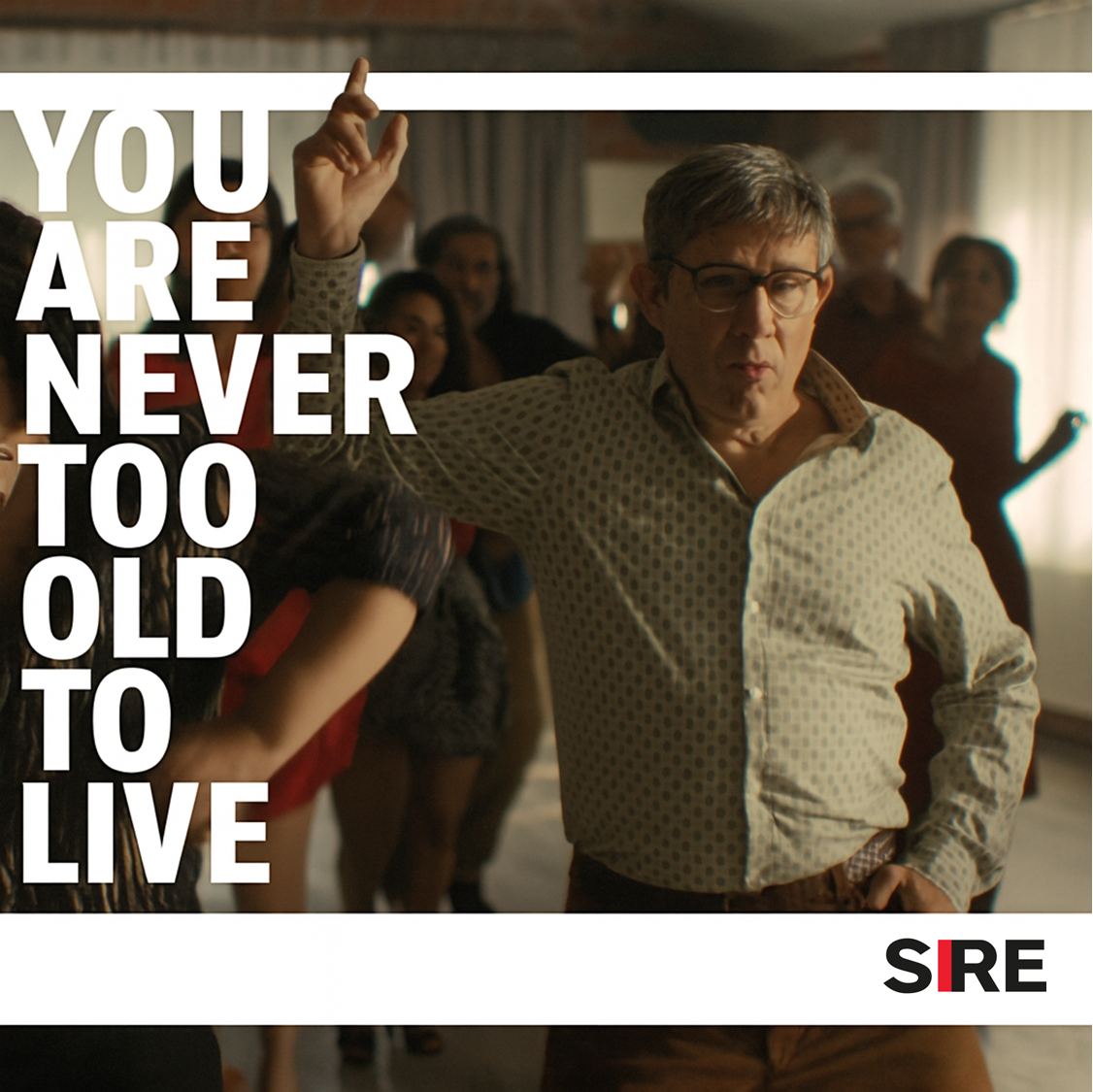I never celebrated my 50th birthday and that turned out to be a surprisingly healthy move
Let me admit it right away: I never celebrated my 50th birthday. No party, no cake, no balloons, and no “Sarah” sign in the front garden (thank goodness). Not because I didn’t have time or forgot, but simply because I didn’t want to admit I was turning fifty. I was in denial. And honestly? I still am, a little. Not because I have trouble with the idea of getting older, but because the world around me seems to have so much more trouble with it than I do. Looking back, skipping that milestone might just have been the healthiest decision I’ve made in years.




Seniorism, the invisible prejudice
I’ve come to learn there’s a name for this: seniorism. Discrimination purely based on age. It creeps in subtly, often dressed as a harmless joke or a well-meant “You’re not twenty anymore, you know?” But the impact is far from harmless. SIRE, the organisation behind the new campaign ‘you’re never too old to live’, hits the nail on the head: people over fifty face deep-rooted stereotypes that not only influence how society sees us, but also how we see ourselves. If you’re constantly told you’re “old,” “worn out,” or “past your prime,” you eventually start to behave that way. It’s not just a vague feeling, but a well-documented psychological process. Concepts like self-fulfilling prophecy, stereotype threat, and self-stereotyping explain how repeated exposure to negative images of ageing leads us to internalise and embody them.

Dark humour with a warm message
SIRE’s campaign takes a different tack: through dark humour and striking visuals, it holds up a mirror. “You’re never too old to live” may sound like a cliché, but it hits at the heart of the issue. We’re only “done” when we let others treat us that way, or when we start to believe it ourselves. And that’s where the real danger lies. Professor Richard Ridderinkhof (University of Amsterdam) rightly points out that harbouring a negative view of ageing can shorten your life expectancy by an average of 7.5 years. That’s not a punchline; that’s hard science.
The campaign isn’t just a wake-up call for fifty-somethings to keep challenging themselves, but also a societal plea. While we all get older, birthday cards for new fifty-year-olds still feature walkers, grey wigs and toothless jokes. Funny? Maybe. But also: stigmatising. Who wants to grow old if that’s the standard packaging?
Age is experience, not deficiency
The Netherlands is ageing rapidly. By 2040, one in four people will be 65 or older. This group is vital for the economy, communities and knowledge. Yet we’re still too often seen as a burden rather than a contribution. I could get bitter about that, but I choose something else: positivity. Because despite everything, I’m an “older youngster” hungry for life.
Am I the odd one out? To find out, I turned to Virtual Audience, a tool we increasingly use at Haystack for quick qualitative research. And guess what? I’m far from alone. Our virtual respondents shared similar views:
- “Fifty isn’t a victory; it’s just another year closer to the end.”
- “Skipping the party made me feel younger… I just walked away from all those expectations.”
- “Each year closer to retirement is another year of becoming invisible.”
Who would’ve thought that even a virtual audience wrestles with existential dread too? How real can it get? What a joy to discover that AI-powered conversations can teach us so much and how cool that, as an older researcher, I can still fully engage with them.
So no, I didn’t celebrate my 50th birthday. And I just might skip my 60th too. But I am living. More and more every day. One thing’s for sure: you’re never too old to live, only too young to give up.
And oh yes, I’m proud to work at a firm that doesn’t look down on older minds but dives into their stories with curiosity.

Reach out to our expert on the matter









